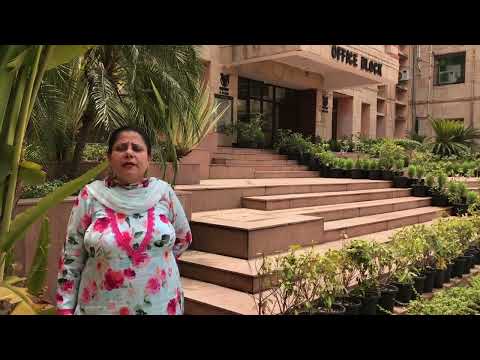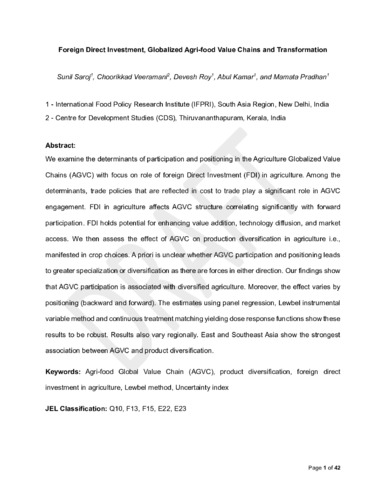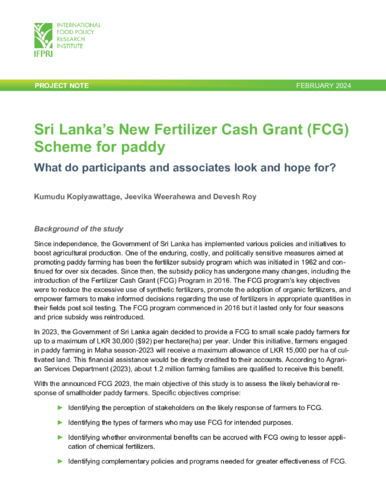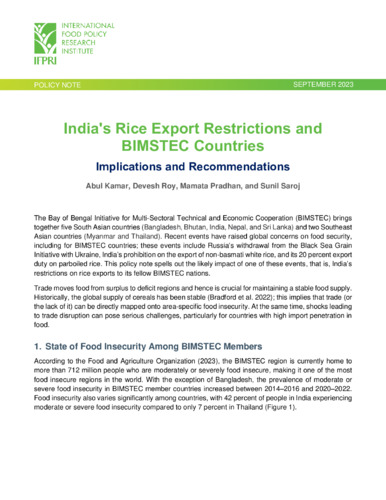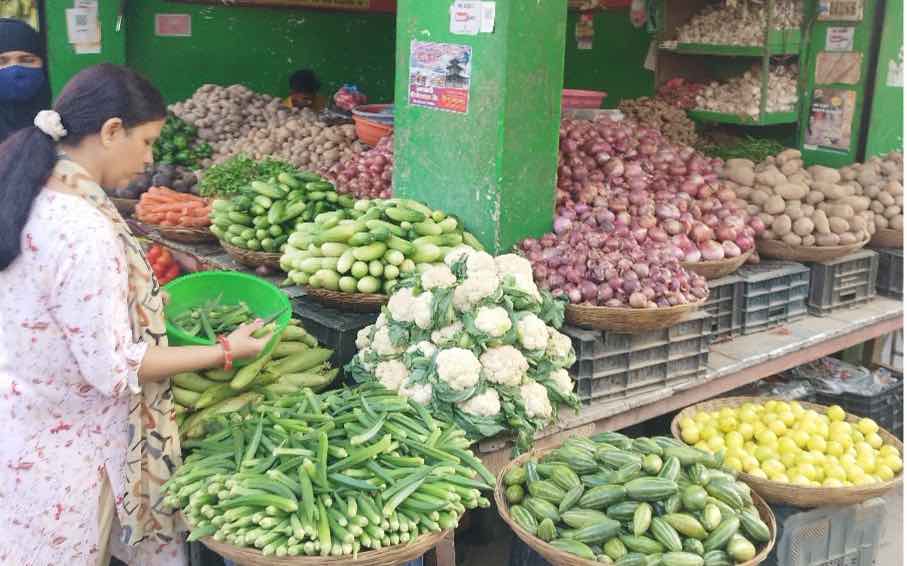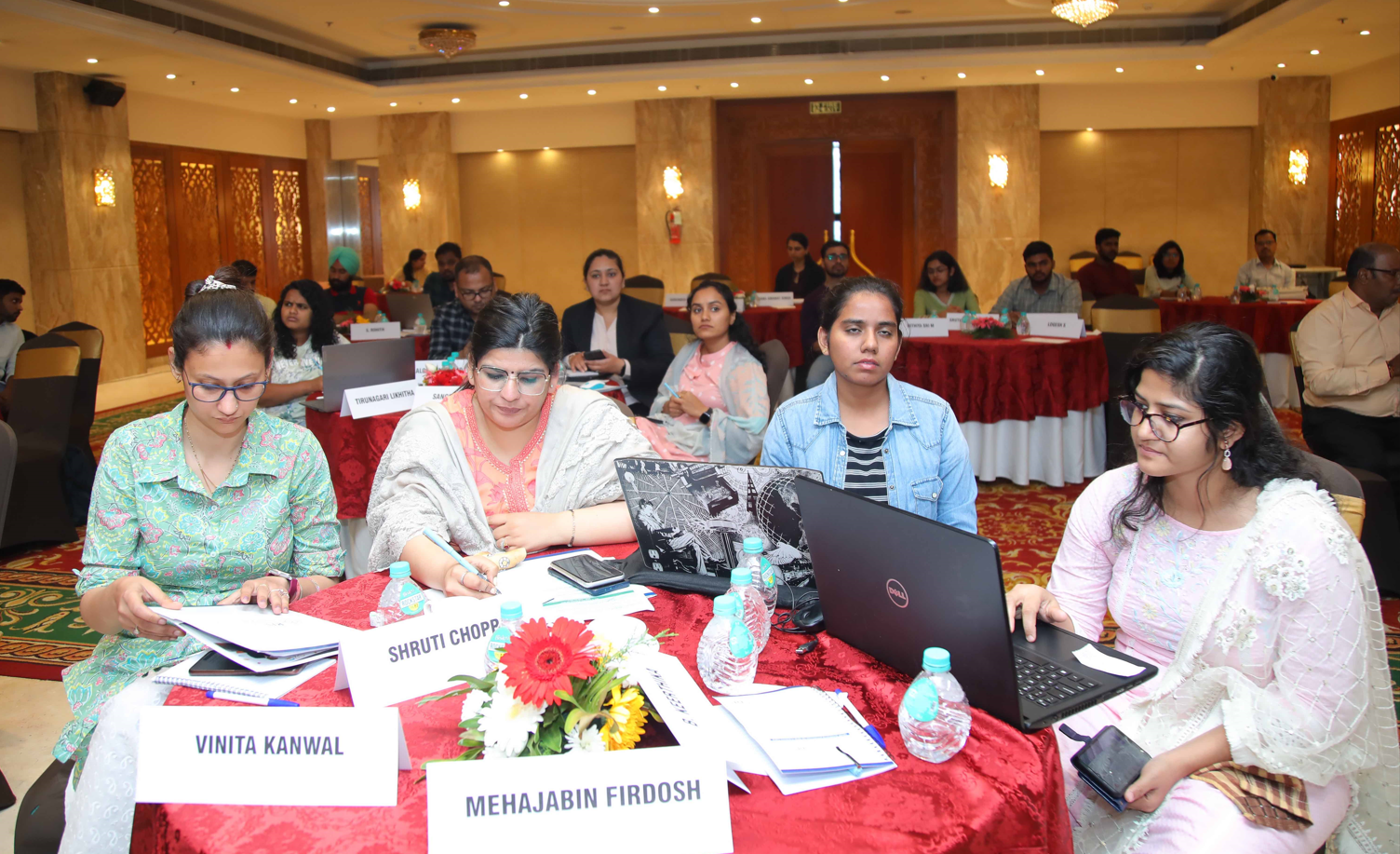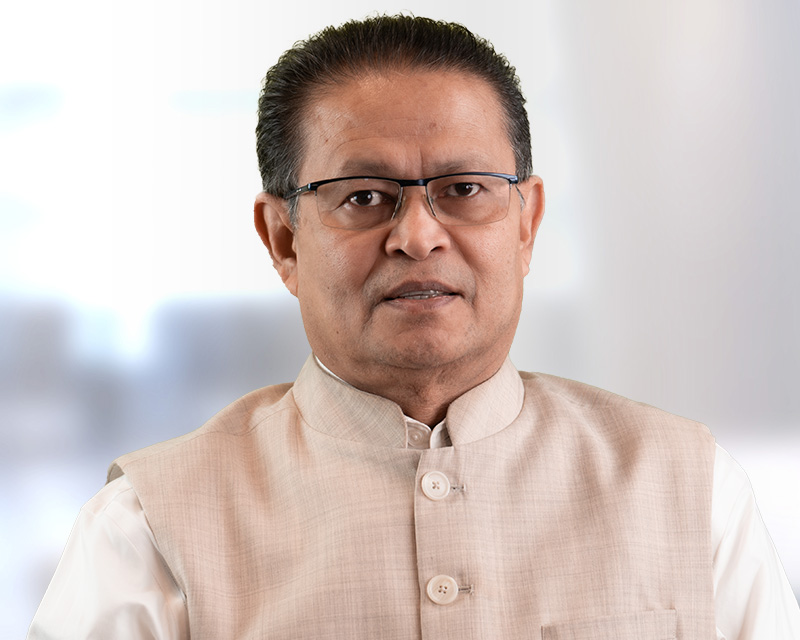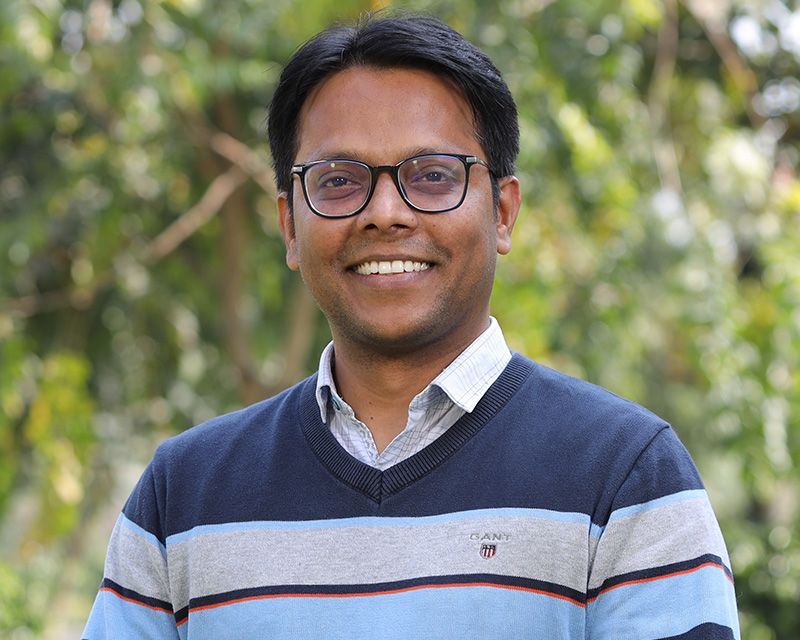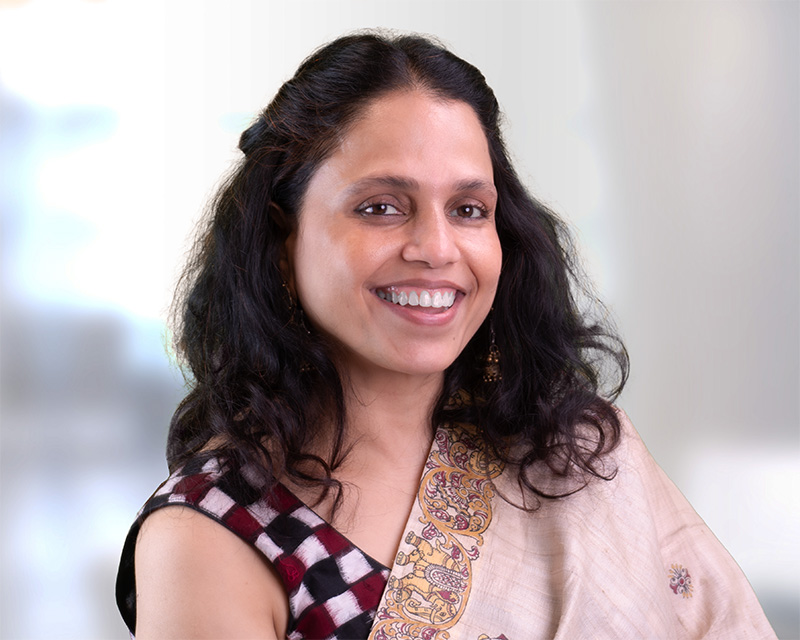IFPRI South Asia is collaborating with the Bay of Bengal Initiative for Multi-Sectoral Technical and Economic Cooperation (BIMSTEC) to contribute toward a sustainable and inclusive agricultural transformation in Bangladesh, India, and other BIMSTEC member states. The partnership between IFPRI and BIMSTEC focuses on increasing regional trade to address poverty, food insecurity and nutrition, and climate change.
Formed in 1997, BIMSTEC is a regional organization comprising seven member states: five South Asian countries — Bangladesh, Bhutan, India, Nepal, and Sri Lanka; and two Southeast Asian countries — Myanmar and Thailand. Agriculture is the largest source of employment in all BIMSTEC countries, and the incidence of poverty is very high among farmers and farm laborers. Poor households in the region spend a large share of their income on food, so food prices have a significant impact on poverty and food and nutrition security. All BIMSTEC countries are also highly vulnerable to climate change because of their location, high levels of poverty, and high dependence on agriculture.
Appropriate trade policies can help rationalize and diversify cropping patterns and raise farmers’ incomes by integrating them into regional value chains. Increasing regional trade can thus reduce poverty, increase the availability and affordability of diverse nutritious foods, and reduce producers’ and consumers’ vulnerability to weather and price shocks.
To learn more about agrifood trade patterns and policy in the BIMSTEC Region, view the visualization here.




